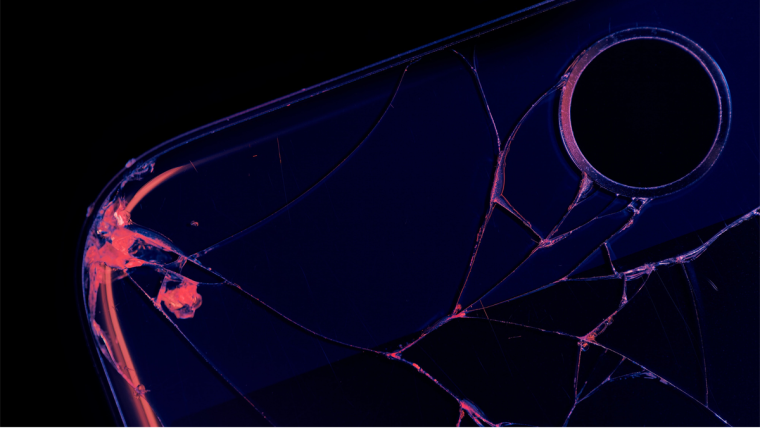In our Craft Capsules series, authors reveal the personal and particular ways they approach the art of writing. This is no. 119.

Though Agnes Kirkkendoll appears last in my forthcoming triptych novel, Nobody’s Magic, she was my first character, and let me say this with my whole chest, I fucking hated her in the beginning. She was and is everything I am most afraid of: my worst fleeting thoughts, my most bizarre impulses, my deepest fears about what I might have become without friends or poetry or therapy. When I read her biographical info in reviews, I cringe. She’s too close to home with her designer degrees and her deep-rooted traumas. I wanted to erase every sentence I wrote about her in my early drafts. In a proto-version of her section of the novel, I sent her off in a car with a stranger to parts unknown. I wanted her gone. But as I drafted and redrafted, I slowly came to feel something like a grudging admiration, and after a while—dare I say it?—love. When Agnes gets into confrontations, the petty person in me screams, “Yes! Clear that bitch!” I still find myself torn between rooting for her and being ashamed of the bareness of her life.
Agnes isn’t me, nor vice versa. I’ve never destroyed anyone else’s property, unless you count shattering a phone, borrowed from my sister, in a fit of frustration over a cheating boyfriend. Unlike Agnes, I’m wary of getting in cars with strangers and I’ve never gone to a tanning salon. Still, her audacity thrills me. In spite of her basement-level self-esteem and all the ways she has allowed people to exploit her (especially Colin and the university at which she’s employed), Agnes believes deeply in her own capabilities and her intrinsic value (even if she doesn’t know exactly where that value lies). More important, she believes in retribution. When she gets the chance to pay someone back in spades, she takes it. As both her creator and a reader, I enjoyed fantasizing about embodying her rage. It’s nice to think about a Black woman, and particularly a Black woman with albinism, seeking her own form of justice after being fed up with other people’s bullshit. How often does that get to happen in real life without dire consequences? How often does that happen and the character survives, free to live another day?
So yeah, I hate Agnes, but over time she evolved into a character I still want to win in the end. Even now, I imagine her in another place, living a better life than the lives she’s survived thus far, and maybe even a better one than what she finds herself in by the end of the novel. For all her imperfections, I want there to be a place for Agnes somewhere because she deserves it. She deserves to be fucked up and annoying and still have a chance to make good on her untapped potential.
I know, I know, literature is rife with unlikable heroes, women with mommy issues, and siblings who hate each other. And there’s plenty about women who choose terrible men. All of this is vintage Agnes. But none of this consistently happens to people with albinism. In literature and popular culture, we’re either martyrs or villains with pitiable back stories, and I wanted to make a character who is sometimes good and sometimes bad, yet neither comically nor tragically so. She’s just misguided, self-absorbed, and wrong. I wanted a character I could relate to even when I didn’t want to, because in many ways, that’s what coming into myself as a person with albinism has been about. I know I am not the tragedy™ that complete strangers often view me as, but it took me some time to understand I am also not the paradigm of underdog perfection. I am not someone who is always performing goodness in the face of evil, someone everyone wants to root for because I’m always doing the right thing.
In short, I’m not a total victim. Neither is Agnes nor any other person with albinism. We’ve done our shit too. Sometimes we’re exceptional. Sometimes, we’re just regular and trifling. So perhaps what I wanted—and still want—in creating Agnes wasn’t an unlikeable hero, but someone a reader finds herself liking because she’s not that different from the rest of us. That, for me, is what diversity and inclusion can be: hearing a story and thinking, “Damn, never been there or done that. And I can’t even say I agree with it. But I understand.”
Destiny O. Birdsong is a poet, novelist, and essayist whose work has appeared in the Paris Review Daily, African American Review, and Catapult, among other publications. Her debut poetry collection, Negotiations, was published in 2020 by Tin House and was longlisted for the 2021 PEN/Voelcker Award. Her first novel, Nobody’s Magic, is forthcoming from Grand Central Publishing on February 8.
Art: Agê Barros







